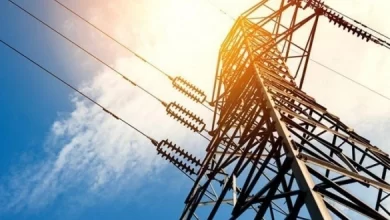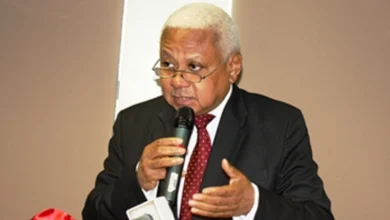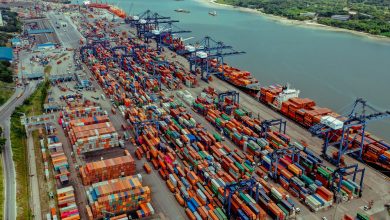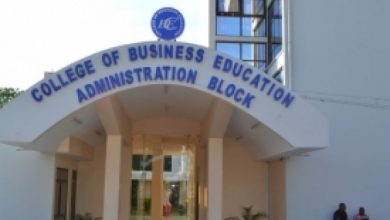Zanzibar’s blue economy drive sustainable growth – 2VP

DODOMA: ZANZIBAR Second Vice- President (2VP), Mr Hemed Suleiman Abdulla, has announced significant strides in the blue economy and investment sectors in the past four years.
This, he said, showcases transformative initiatives that are driving economic growth and empowering citizens across the islands.
Presenting achievements in implementing the Chama Cha Mapinduzi (CCM) 2020/2025 Election Manifesto in Zanzibar, over the past four years under President Hussein Mwinyi’s leadership, Mr Abdulla underlined the government’s strong commitment to harnessing ocean resources through key infrastructure projects.
He noted that the Malindi Fish Market and Jetty, a state-of-the-art facility completed at a cost of 14 million US dollars has become a vital hub for Zanzibar’s fisheries.
He said the renovation and upgrading of the Nungwi Fish Market in Unguja and Tumbe Fish Market in Pemba have enhanced trade and improved the livelihoods of local fisherfolk.
Mr Abdulla also shared groundbreaking news, stating that the government inaugurated a seaweed processing factory in Chamanangwe, Pemba, built at a cost of 8.5bn/-.
With an annual processing capacity of 30,000 tonnes of dried seaweed, the factory has created 25,000 formal jobs and 66,000 informal jobs, significantly boosting the sector’s value chain.
To further support fish farming, the 2VP informed the meeting in Dodoma that construction of a fish feed factory in Kama, Unguja, is currently underway, addressing feed accessibility challenges.
The government has also empowered seaweed farmers and fishers by distributing 1,077 boats— ranging from seaweed harvest carriers to fishing boats—equipped with modern tools.
This has led to a remarkable 94 per cent growth in seaweed production, valued at 16.4bn/- and a doubling of fish production to 80,085 tonnes, worth 569.07bn/- in 2024. Mr Abdulla said that Zanzibar is emerging as a regional investment hub.
ALSO READ: Zanzibar tourism expo 2025 moved back to May
Of the 21 small islets identified for lease for investment purposes, 15 have attracted investors, leading to the initiation of 16 projects worth 377.5 million US dollars.
“Bawe, one of the islets, is already operational, showcasing Zanzibar’s allure for private investment,” he said.
Other mega projects that have been launched, including about 424 projects valued at 5.9 billion US dollars. These initiatives have created more than 22,382 formal jobs and 100,000 informal jobs.
The 2VP also explained that investments in 41 five-star hotel projects, valued at 857.7 million US dollars are reshaping Zanzibar’s hospitality landscape. Fourteen of these hotels have been completed, while 27 are under construction, set to generate 2,560 jobs.
“The government has also established logistics parks in the Abeid Amani Karume International Airport Free Economic Zone, with the ongoing construction of 20 warehouses, further boosting trade and export capacity,” he added.
In terms of economic empowerment, Mr Abdulla said that supporting citizens remains central to the government’s agenda. Major markets at Mwanakwerekwe, Jumbi and Chuini have been constructed to support traders and improve commerce.
He said that over 14 entrepreneurial centres have been built, creating hubs for innovation and small businesses. Furthermore, interestfree loans totaling 34bn/- have been allocated, with 31bn/- already disbursed. These loans have benefitted over 24,000 citizens, resulting in 75,000 new jobs in Unguja and Pemba.
The 2VP concluded that these initiatives, driven by the blue economy and a robust investment strategy, reflect Zanzibar’s commitment to sustainable growth.
He said by fostering a conducive business environment, Zanzibar is positioning itself as a model for economic development in the East African region.





